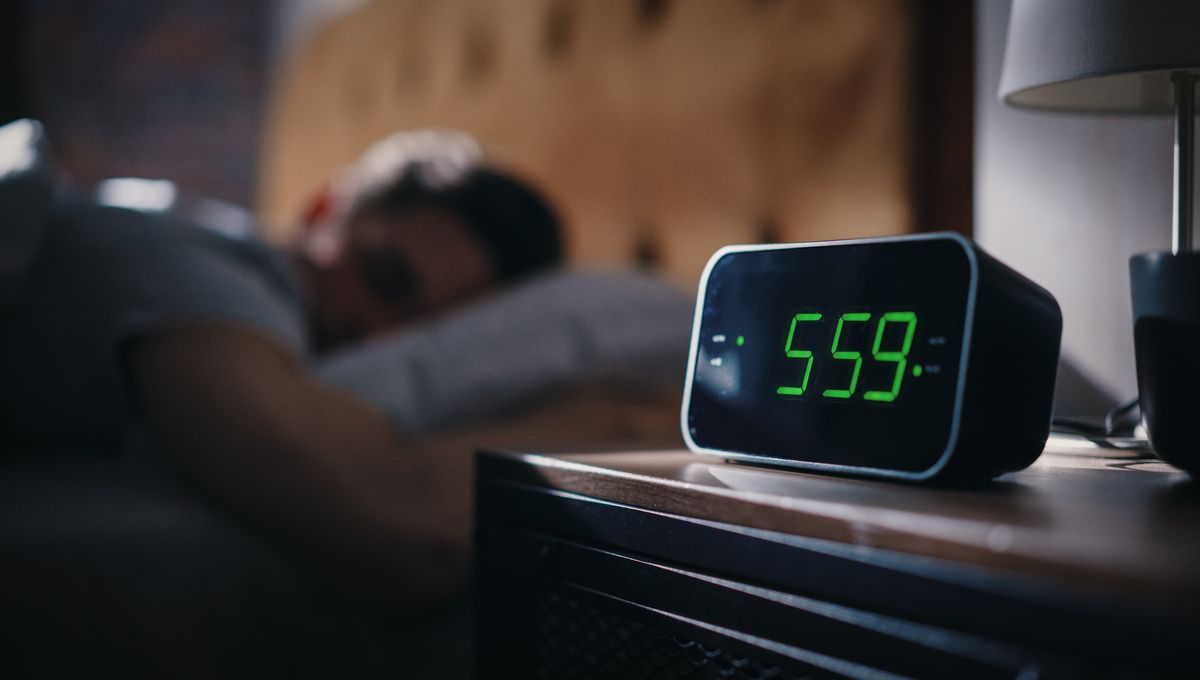
Sleep – we all need it, but how much? Turns out it’s not as clear-cut as it might often seem.
ADVERTISEMENT GO AD FREE
Most of the recommendations out there for how many hours of sleep we need for optimal health are given based on age. That makes sense considering that our health needs change as we age; teenagers really do need more sleep than their parents, for example, given that they’re going through some serious physical and brain development.
Past the age of 18, however, the American Academy of Sleep Medicine recommends that we need at least seven hours of sleep per 24 hours. That advice is based on research that suggests getting less than seven hours on a regular basis is associated with a range of negative health impacts, including obesity, depression, high blood pressure, heart disease, and stroke.
That doesn’t mean that you should be stressing out if you aren’t getting at least seven hours every single day. For starters, that would probably make your sleep even worse, but primarily, it’s because there are lots of other factors that can influence how much sleep we need on a day-to-day basis – sleep guidelines aren’t strict rules.
Some people naturally find they need more or less sleep compared to other people, while certain health circumstances might also lead our bodies to need more rest, like illness or the early stages of pregnancy.
Speaking to a healthcare professional can help you figure out your sleep needs, but the Sleep Foundation has some questions that you can ask yourself to start off with. For example, do you feel healthy and happy or a bit sluggish when you’ve had seven hours of sleep? Are you finding you need a hit (or three) of caffeine to get through the day? How about your job? Does it require a lot of physical effort?
There’s also a solid argument to be made that we shouldn’t be focusing on numbers alone; sleep quality is just as important as quantity. If you’re in bed for eight hours but waking up frequently, you won’t be reaping the same benefits as if those eight hours were uninterrupted.
ADVERTISEMENT GO AD FREE
As with fewer hours of sleep, poorer sleep quality has been linked to cardiovascular problems, obesity, and diabetes, as well as poor cognitive function in old age. Good quality sleep, on the other hand, is thought to help our bodies out with healing and repair, keeping hunger-related hormones like ghrelin in check, and fighting off infection.
The bottom line? As long as you feel like you’ve had enough sleep, you probably don’t need to worry so much about the number of hours.
All “explainer” articles are confirmed by fact checkers to be correct at time of publishing. Text, images, and links may be edited, removed, or added to at a later date to keep information current.
The content of this article is not intended to be a substitute for professional medical advice, diagnosis, or treatment. Always seek the advice of qualified health providers with questions you may have regarding medical conditions.
Source Link: How Many Hours Of Sleep Do You Really Need Per Day?